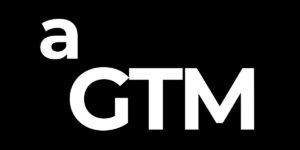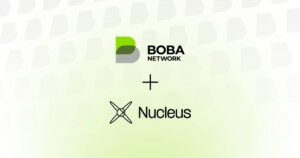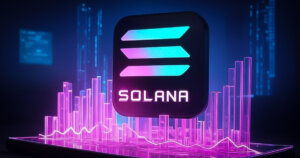 AVAX rebounds 7% as Grayscale and Franklin Templeton join network
AVAX rebounds 7% as Grayscale and Franklin Templeton join network AVAX rebounds 7% as Grayscale and Franklin Templeton join network
The AVAX price rebounds occured amid new Grayscale and Franklin Templeton blockchain projects on the network.

Cover art/illustration via CryptoSlate. Image includes combined content which may include AI-generated content.
Avalanche’s AVAX token surged nearly 7% to around $25 following the announcement that major institutional firms — Grayscale and Franklin Templeton — were expanding their products to the blockchain network’s ecosystem.
The price increase helped reverse the recent downtrend for AVAX, which has fallen 20% over the past month amid broader market stagnation. Despite the recovery, the token is still down 82% from its all-time high of over $145 in November 2021, according to CryptoSlate data.
However, Avalanche continues to stand out among large-cap blockchain networks, playing a crucial role in the adoption of real-world asset (RWA) tokenization through strategic partnerships.
AVAX Fund
On Aug. 22, Grayscale announced the launch of the Avalanche Trust, a crypto investment fund offering investors direct exposure to AVAX. The trust mirrors Grayscale’s existing single-asset investment products and focuses exclusively on AVAX.
Grayscale Head of Product & Research Rayhaneh Sharif-Askary highlighted the launch as a significant expansion of the company’s crypto offerings.
She noted that Avalanche has been pivotal in advancing RWA tokenization through the network’s unique “three-chain smart contract platform designed to simultaneously optimize for scalability, network security, and decentralization.”
Over the past month, Grayscale has broadened its product lineup, introducing new trusts for several crypto, including the DeFi protocol MakerDAO, the decentralized AI project Bittensor, and the layer-1 blockchain network Sui.
Franklin Templeton expands to Avalanche
Similarly, leading asset management firm Franklin Templeton has expanded its on-chain money market fund — Franklin OnChain U.S. Government Money Fund (FOBXX) — to the Avalanche network, according to an Aug. 22 announcement.
The fund offers dividends from yields on US Treasury assets while keeping a stable price of $1 per share. Investors can buy shares through the Benji Investments platform, where each BENJI token equals $1 in FOBXX shares.
Roger Bayston, Head of Digital Assets at Franklin Templeton, said:
“Bringing the Benji platform to the Avalanche network further expands access to our first-of-its-kind tokenized money market fund. We look forward to working with Avalanche’s vibrant developer community to bring new blockchain-enabled innovations into the market.”
Launched in 2021, FOBXX became the first money market fund to use a public blockchain for recording transactions and ownership. According to Dune Analytics data, the fund is the second-largest US securities tokenization platform, with a market cap of $420 million.




































































































 AVAX
AVAX



